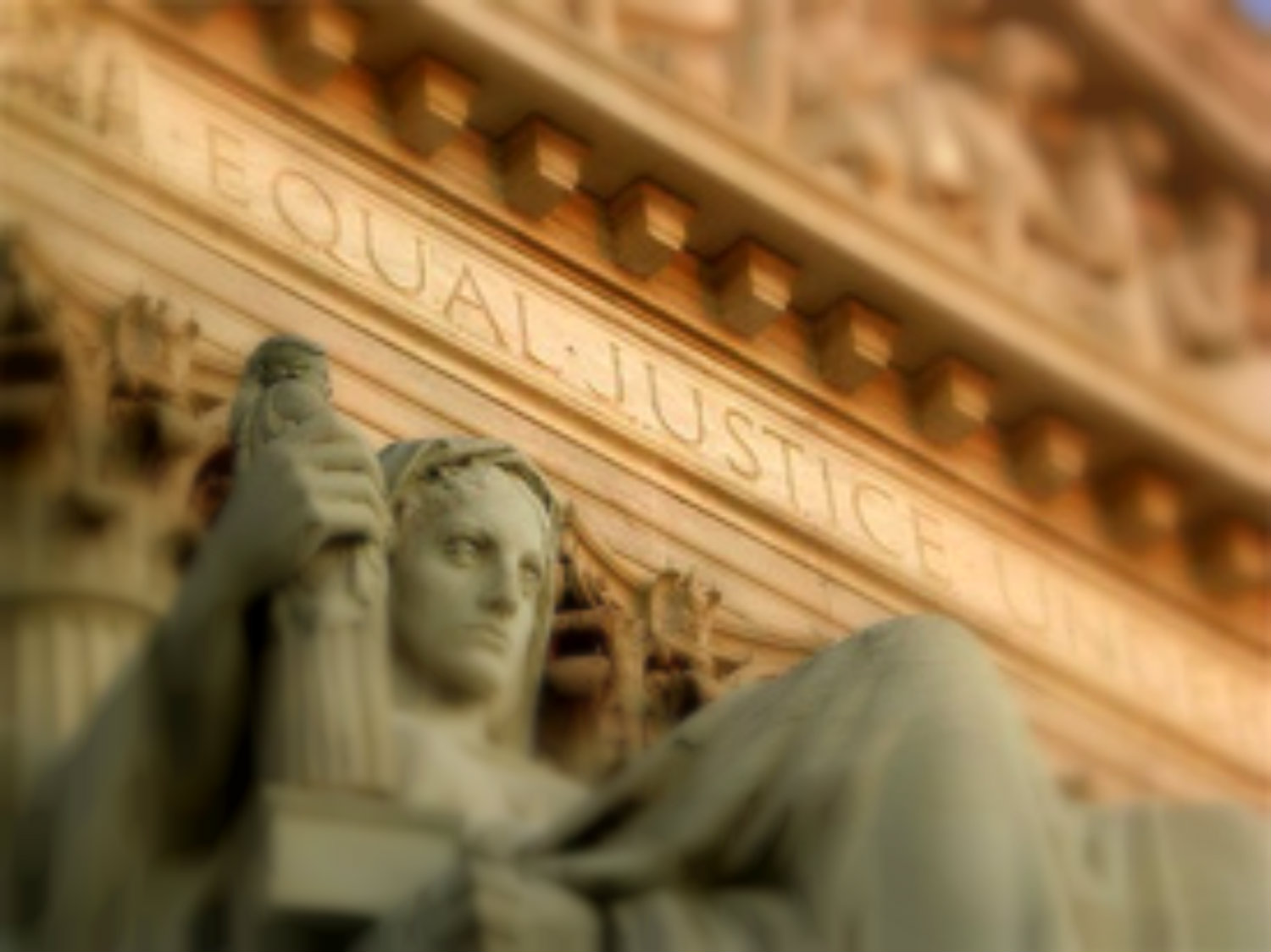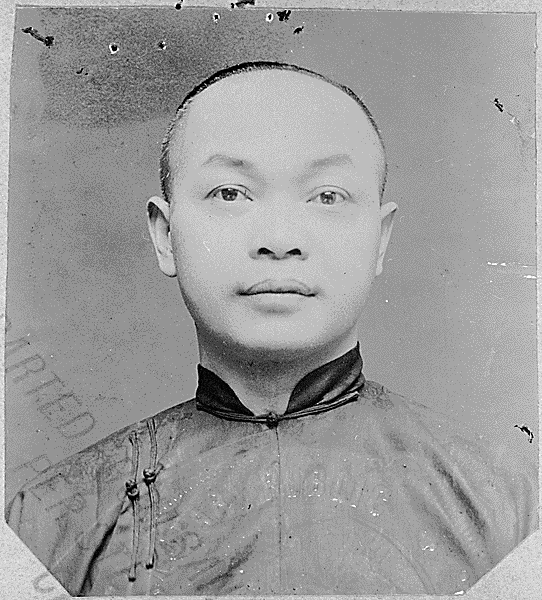Lawyers are very good at making up reasons why their clients are right, regardless of the nature of the dispute. And they’re very good at explaining why applicable laws and cases do or don’t apply, whichever serves the client’s interests. In this post I look at the ethical requirement related to purely legal arguments.
Rules
All lawyers are bound by the ethical obligations set by the state in which they are licensed. Generally these are a version of the ABA Model Rules Of Professional Conduct. Here’s the text of Rule 3.1:
A lawyer shall not bring or defend a proceeding, or assert or controvert an issue therein, unless there is a basis in law and fact for doing so that is not frivolous, which includes a good faith argument for an extension, modification or reversal of existing law. A lawyer for the defendant in a criminal proceeding, or the respondent in a proceeding that could result in incarceration, may nevertheless so defend the proceeding as to require that every element of the case be established.
In civil cases lawyers are bound by FRCP 11, which requires the signature of an attorney to every paper filed in court. Here’s the relevant part:
(b) Representations to the Court. By presenting to the court a pleading, written motion, or other paper—whether by signing, filing, submitting, or later advocating it—an attorney or unrepresented party certifies that to the best of the person’s knowledge, information, and belief, formed after an inquiry reasonable under the circumstances:
(1) it is not being presented for any improper purpose, such as to harass, cause unnecessary delay, or needlessly increase the cost of litigation;
(2) the claims, defenses, and other legal contentions are warranted by existing law or by a nonfrivolous argument for extending, modifying, or reversing existing law or for establishing new law;
(3) the factual contentions have evidentiary support or, if specifically so identified, will likely have evidentiary support after a reasonable opportunity for further investigation or discovery; ….
Government lawyers have greater ethical obligations in both criminal and civil cases. Here’s the first part of Comment 7 to Rule 8.4:
[7] Lawyers holding public office assume legal responsibilities going beyond those of other citizens. A lawyer’s abuse of public office can suggest an inability to fulfill the professional role of lawyers. ,..
As you can see, a violation of FRCP 11 is almost certainly a violation of Rule 3.1. Every state has a disciplinary authority empowered to enforce the rules of conduct. Lawyers have a duty to report known violations of the rules to the relevant authority. Rule 8.3.
Example: Birthright Citizenship
There are two cases on birthright citizenship, one in Massachusetts, discussed here and one in Seattle, discussed here. These cases are based solely on the Constitution; there are no disputed facts. This post focuses on the latter
Here’s an exchange between Judge Coughenour and Brett Shumate, a lawyer for the DoJ in the Seattle case:
“In your opinion is this executive order constitutional?” he asked.
Said Shumate, “It absolutely is.”
“Frankly, I have difficulty understanding how a member of the bar could state unequivocally that this is a constitutional order,” Coughenour said. “It just boggles my mind.”
I would have said “the position of the government is that the EO is constitutional.” If pushed, I would repeat whatever is in the brief. This was the tactic used by Antoinette Bacon and Edward Sullivan in their motion to dismiss the Eric Adams prosecution, and from my experience, it’s common for government lawyers to do things like this. But Shumate is all in on this Trump EO.
Shumate’s brief includes a number of procedural arguments about standing and similar matters which I won’t discuss.
Discussion of the merits begins on page 11. The first argument is about the term “jurisdiction” used in the 14th Amendment. The District Courts in both cases reject this argument based on Wong Kim Ark and the ordinary meaning of jurisdiction. Any person in the US is subject to the jurisdiction of the US, regardless of how or why they’re here with exceptions for diplomats. For example, if you go to Paris, don’t take weed even if it’s legal in your state. It isn’t legal in France, and if the gendarmes catch you you’ll learn about jurisdiction.
The leading case is Wong Ark Kim v. US, (1898) Wong was the son of Chinese citizens. They were living in the US when he was born, but went back to China without him 17 years later. He went to visit them and returned without incident. On his second visit he was barred from entry and filed this habeas corpus petition. The decision is long and complex, delving into the history of citizenship by birth and citing cases I doubt were in my law school library. It seems to me that the central holding is this:
But the opening words, ‘All persons born,’ are general, not to say universal, restricted only by place and jurisdiction, and not by color or race, as was clearly recognized in all the opinions delivered in the Slaughter House Cases, above cited.
Unfortunately the question presented to the Court included statements about the domicile and residence of Wong’s parents, and the final statement of the holding repeats that language. That gives Shumate a foothold to argue that domicile of the parents is relevant and should be read into the language of the 14th Amendment. There is a small group of lawyers making that argument; it’s like watching the formulation of an argument by a committee of pre-law students.
The nearly unanimous consensus is that Shumate is completely wrong. Here’s a recent example.
Application of Rules
Both Rule 3.1 and FRCP 11 prohibit lawyers from raising frivolous legal issues. Both allow for “good faith” arguments for reversal of existing case law. Public officials like Shumate are held to a higher standard. There is no definition of “frivolous”.
In this case, Shumate has two good faith arguments. First is his argument that the question raised and the holding in Wong Kim Ark reference the domicile of the parents, so the case doesn’t control cases where there is no domicile. This creates two further problems. First, the decision isn’t at all clear on the meaning of domicile. Second, the term domicile is not used in the 14th Amendment. Generally when a law is plain on its face there is no need to look further. Still, it’s not frivolous.
The second plausible argument is that there’s a dissent in Wong Kim Ark on behalf of two members of the Court. That is grounds for Shumate to argue for a reversal of the case. I didn’t read that dissent, so I have no opinion about it. Its mere existence is enough to protect Shumate.
There are two other considerations. This is a motion for a TRO, not a fully briefed and considered set of pleadings. More latitude should be allowed in such circumstances. Also this is the president’s position, and in the past that has carried some weight, giving cover to the DoJ lawyers. I think the second should be disregarded in Trump’s case.
For these reasons, I don’t think a claim of ethical violations would succeed at this point. I do think that continuing to push the domicile argument, which seems extremely weak, especially on appeal, might raise concerns.
The lesson
I can’t think of a better case for sanctions purely based solely on a frivolous legal theory. The language of the 14th Amendment is clear and unambiguous. The leading precedent has stood for 125 years, through times of far worse xenophobia than ours, but Congress has not acted in any way to affect the decision. It has not been controversial until very recently, and there is no meaningful academic support for change.
That tells me that bringing a disciplinary case under Rule 3.1 or a demand for sanctions under FRCP 11 on a purely legal question is not likely to succeed. The ability and willingness of today’s lawyers to create arguments out of nothing, and the willingness of the Trump Protection Squad (Roberts, Thomas, Alito, Kavanaugh, Gorsuch, and Barrett) to discard precedent on ridiculous grounds, should be protection.
I will say, however, that a lawyer who refused on ethical grounds to work on this case would be fully justified. Of course, they’d be fired.



